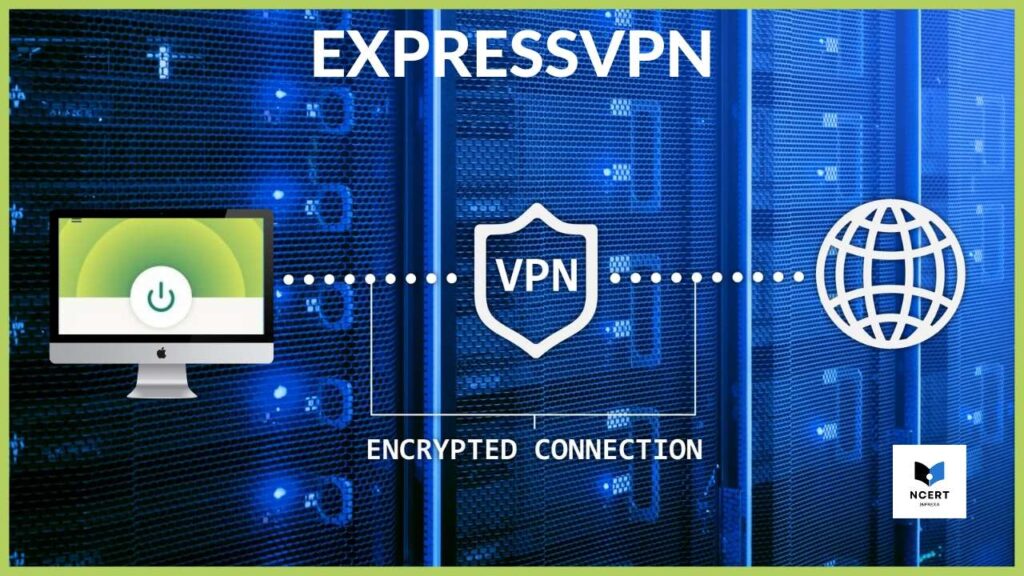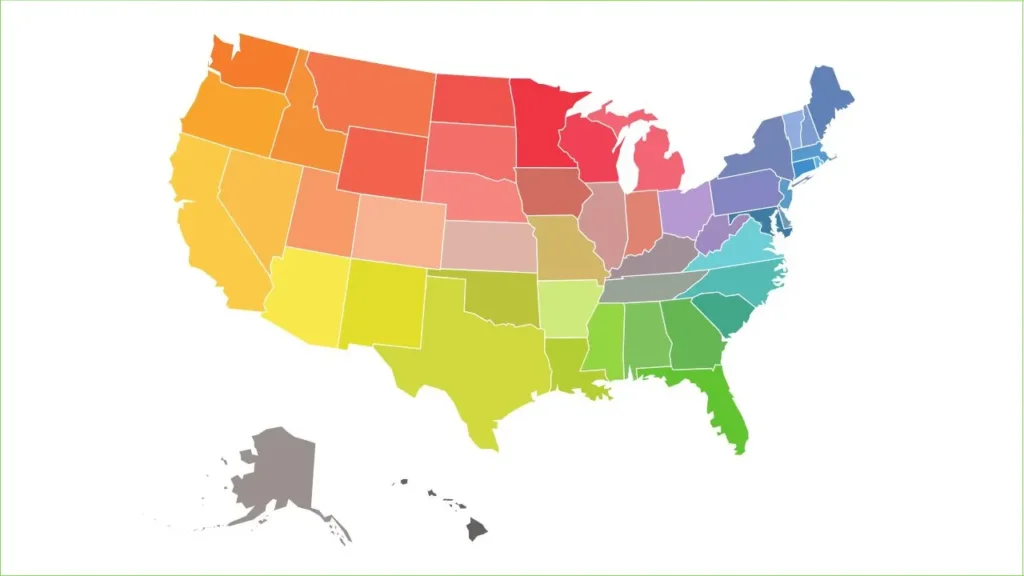ExpressVPN is a leader in the VPN industry, renowned for its emphasis on speed, security, and a user-friendly interface. While it’s one of the more expensive options on the market, I’ve found that its performance and reliability often justify the price.
As a two-year user, this guide draws on my personal experience, backed by the latest information on its features and performance as of 2026.
Background
ExpressVPN was founded by Peter Burchhardt and Dan Pomerantz in 2009. In September 2021, it was acquired by Kape Technologies, a publicly listed cybersecurity company. This acquisition raised some concerns due to Kape’s history, but ExpressVPN has consistently maintained that its operations remain separate. The company operates under its own leadership, with its jurisdiction in the British Virgin Islands, a privacy-friendly location with no mandatory data retention laws.
| Servers | 3000+ |
| Server Locations | 94+ |
| Countries Available | 105+ |
| IP Addresses | Shared |
| Platforms | Windows, macOS, Linux, Android, iOS |
| Jurisdiction | British Virgin Islands |
| Average Speed | 354 MBPS |
| Best For | Streaming, bypassing geo-blocks |
For me, the key to trusting ExpressVPN isn’t just their no-logs policy, but their commitment to independent audits and innovations like TrustedServer technology. This system ensures that all servers run on volatile memory (RAM), wiping all data with every reboot. It’s a gold standard for a no-logs policy and is a major reason I feel confident in their privacy claims.
Why I Chose ExpressVPN?
I initially chose ExpressVPN for its reputation, but I stay with it because it consistently delivers on its promises.
- Real-World Speed: I’ve tested this firsthand for streaming and gaming. ExpressVPN’s proprietary Lightway protocol is a game-changer. It’s fast and maintains a stable connection, even when I’m switching between Wi-Fi and mobile data. I’ve personally experienced minimal speed loss, which is crucial for streaming platforms like Netflix and Amazon Prime Video.
- Ease of Use: Their apps are simple and intuitive. On my PC and mobile, I can connect with a single click. There’s no complex setup, which makes it perfect for both new and experienced users.
- Streaming & Unblocking: This is where ExpressVPN truly excels for me. It consistently bypasses geo-restrictions on major streaming services. I’ve used it to watch region-locked shows and live sports without any issues. It also works well with Roblox.
- Device Flexibility: The service now allows for up to 12 simultaneous connections on my ADVANCED Subscription Plan. This is a significant improvement over the old limit of 8 and is more than enough for my family’s needs across laptops, smartphones, and tablets.
Cons Based on My Experience
While I’m a loyal user, ExpressVPN isn’t perfect.
- Higher Price: The biggest drawback is the cost. It’s a premium service with a premium price tag. While they offer discounts, it’s still more expensive than competitors like NordVPN or Surfshark.
- No “Specialized Servers”: ExpressVPN doesn’t have servers specifically labeled for torrenting or streaming. This might seem like a con, but in my experience, it’s not an issue because their entire network is optimized. Their philosophy is that all servers should be fast and reliable for all activities, which I’ve found to be true.
- Parent Company History: The Kape Technologies acquisition is a valid concern for some. While I trust ExpressVPN’s independent audits and technology, some users may find Kape’s past history with adware a red flag they can’t overlook.
How to Start
Setting up ExpressVPN is easy. Here’s a quick guide based on my own setup process:
- Go to the official ExpressVPN website and choose a plan.
- Download the app for your device from the website or your device’s official app store.
- Install the app, log in with your credentials, and you’ll be ready to go.
- Click the “Power On” button to connect to the best available server, or manually select one of their servers from 105 countries.
Current Subscription Prices
ExpressVPN has replaced its old monthly, half-yearly, and annual plans with new Basic, Advanced, and Pro tiers. These new subscriptions offer terms of one month, one year, and two years, respectively. The price table below is for the Advanced plan, which includes a 30-day money-back guarantee for new users.

| Duration | 1-Month Plan | 1-Year Plan | 2-Year Plan |
| Cost | $12.99 per month | $4.99 per month | $3.49 per month |
FAQs for New Users
Q1: Why should I pay for a VPN?
Free VPNs often have slow speeds, data limits, and may log your activity or sell your data. A paid VPN like ExpressVPN offers robust security, faster speeds, and a strict no-logs policy, ensuring your privacy is truly protected.
Q2: Will a VPN slow down my internet?
Some speed loss is normal due to encryption, but with ExpressVPN’s Lightway protocol and optimized server network, the impact is minimal. I’ve been able to stream in HD and game online with no noticeable buffering or lag.
Q3: Is using a VPN safe for online banking?
Yes, it adds a layer of security, especially on public Wi-Fi. To avoid any issues with your bank, it’s best to connect to a server in your home country before logging in.
Final Thoughts
ExpressVPN stands as a premium provider in the VPN market, justifying its higher cost with consistently reliable performance, robust security features, and exceptional ease of use. Based on my two years of experience, it delivers particularly well for streaming, seamless unblocking, and maintaining fast speeds across everyday tasks.
While the price point is a consideration and the parent company’s history is a valid point of research for privacy-focused users, its independent audits, proven no-logs policy, and innovative technology provide strong counterpoints. For users prioritizing a trustworthy, high-performance VPN that requires minimal setup, ExpressVPN remains a top-tier choice that I confidently recommend.




